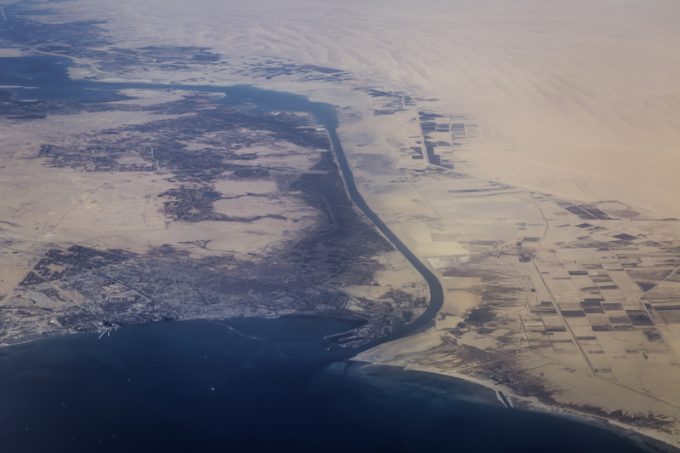News in Brief Podcast | Week 11 | Ocean rates down, uncertainty up
In this episode of The Loadstar’s News in Brief Podcast, host and news reporter Charlotte Goldstone ...

“Vessels ‘go dark’ to avoid Houthi attacks,” blared headlines as 2024 kicked in, and commercial shipping very swiftly threw forecasts to the winds as it became apparent that the spate of attacks in the Red Sea region in the closing weeks of 2023 had morphed into a campaign.
Now, with the year drawing to a close, it seems that, financially at least, there have been two winners from the Red Sea crisis: commercial shipping and the Houthis.
Transpacific sees first major MSC blanks as rates fall and volumes falter
'It’s healthy competition' Maersk tells forwarders bidding for same business
Shippers snap up airfreight capacity to US ahead of tariff deadline
White House confirms automotive tariffs – 'a disaster for the industry'
Volcanic disruption at Anchorage could hit transpacific airfreight operations
New price hikes may slow ocean spot rate slide – but for how long?
Tighter EU import requirements proving 'a challenge' for forwarders

Comment on this article